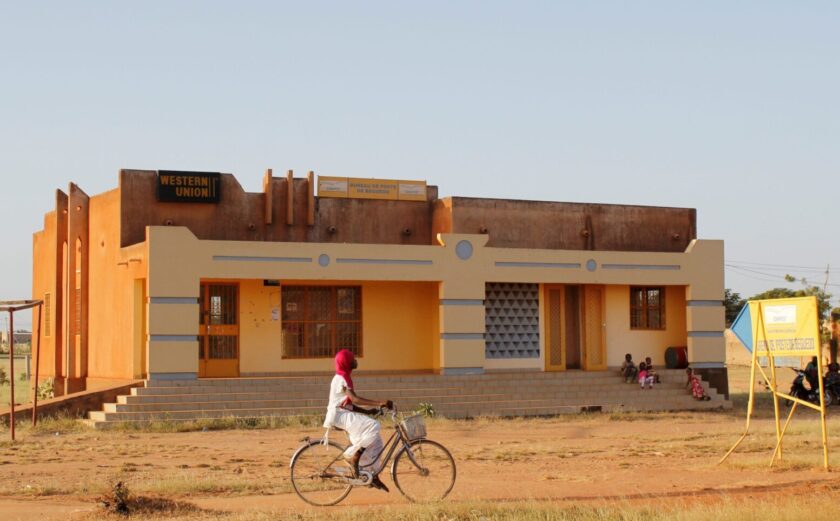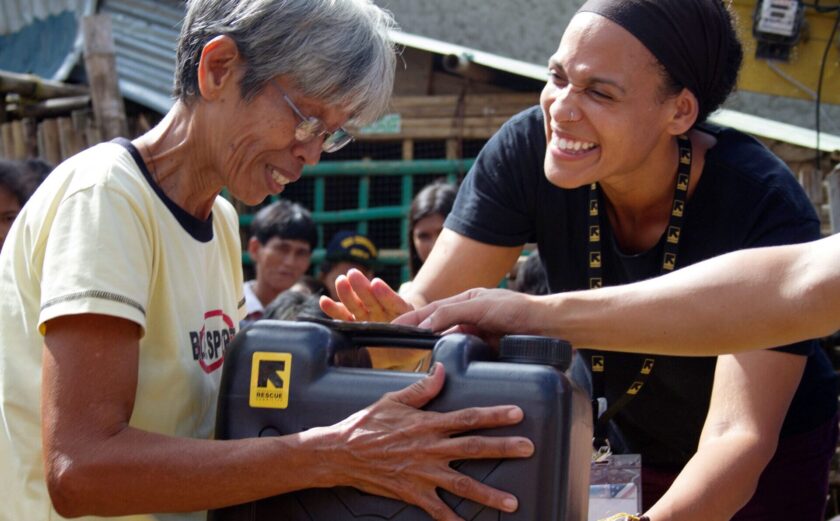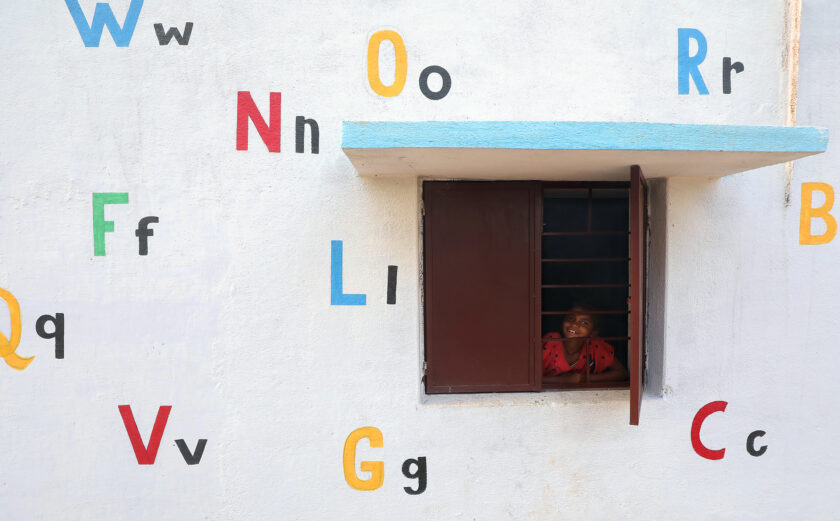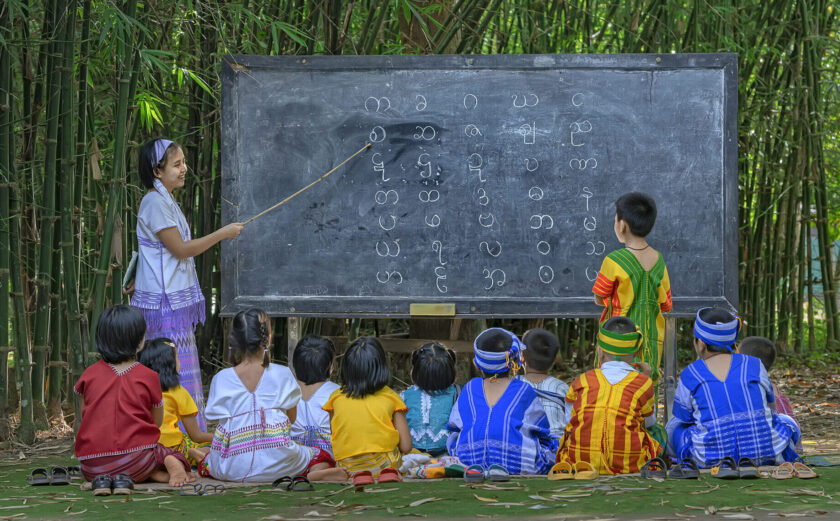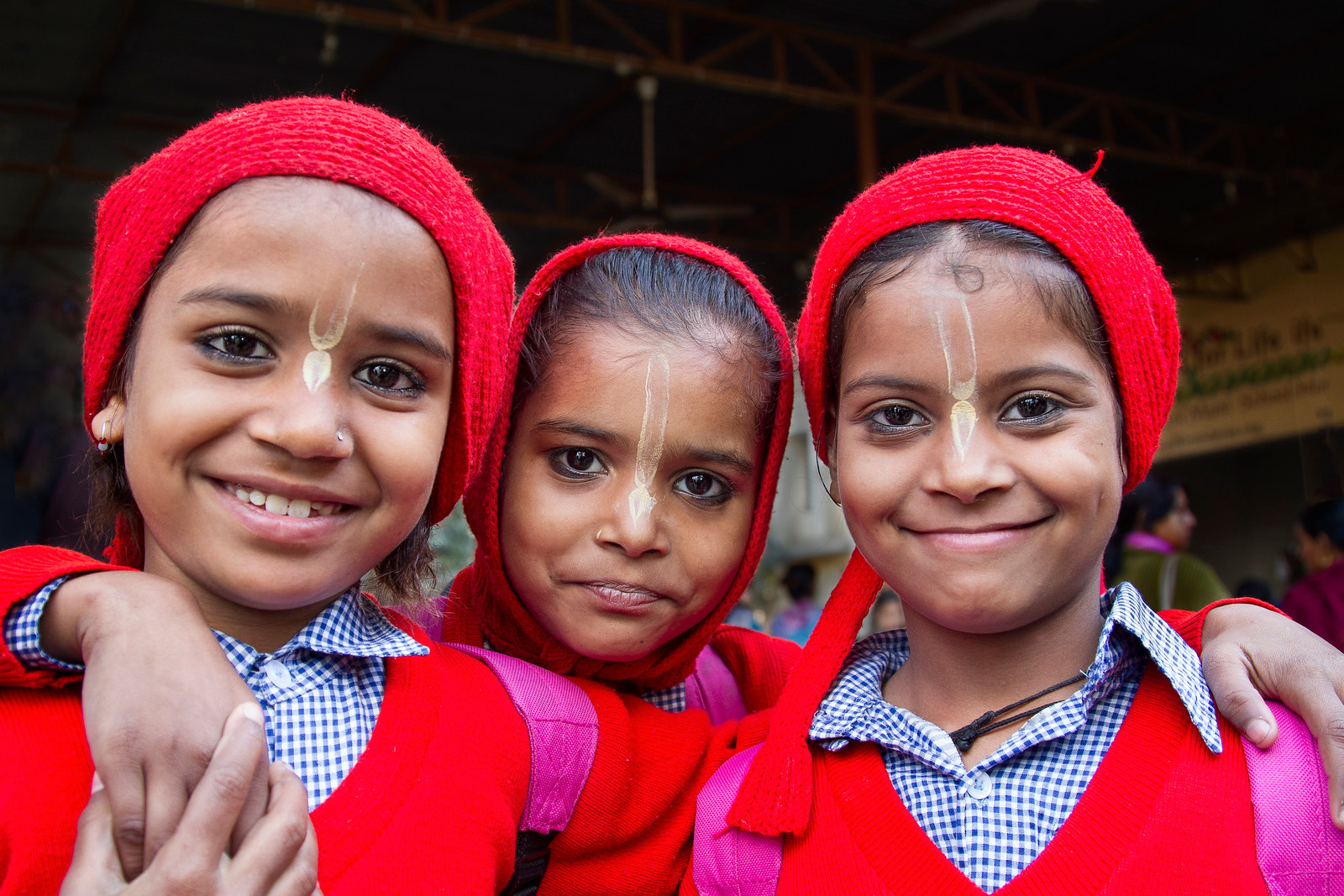
Trailblazers of Today
U.S. Foreign Assistance and the Impact of Youth Engagement
Globally, children and youth comprise the largest generation in history.
Over 2 billion people are under the age of 18—yet they are often overlooked by those in positions of power and left out of conversations regarding their futures. Despite this barrier—and countless others—young people continue to be at the forefront of critical social change movements internationally. They are raising awareness and taking charge of the issues affecting them most intimately—including climate change, racial injustice, mental health, and the COVID-19 pandemic.
Experiencing these ongoing events firsthand lends young people a unique perspective on how we ought to solve these issues. That is why InterAction’s Children and Youth Working Group has been collaborating with young leaders to amplify and center their voices in our work.
On Tuesday, June 14 InterAction co-hosted Trailblazers of Today: U.S. Foreign Assistance and the Impact of Youth Engagement with ChildFund International, Spoon Foundation, American Red Cross International Services, and First Focus on Children. The session was steered by the young leaders on the panel and the conversation reflected on how recent global events have transformed and, oftentimes upended, the lives of millions of young people. The event featured compelling remarks from Congresswoman Grace Meng (D-N.Y.) and Sarah Gesiriech, former U.S. Government Special Advisor on Children in Adversity at USAID, who spoke about why U.S. leaders must listen to young people. Youth leaders from around the world comprised the plenary discussion, which was moderated by Vice President of International Children’s Policy at First Focus on Children, Kathy Sacco.
Mena of Search for Common Ground, Arthi of the American Red Cross, Whytiny of World Vision, and Susan of the Uganda National Association of Cerebral Palsy spoke about topics ranging from child labor to the experience of youth with disabilities to youth peacebuilding efforts—illustrating the far reach and cross-sectoral nature of children and young people’s work. Each of the young people on the panel demonstrated how youth are already actively affecting positive change in their communities—and how much stronger all communities would be if their voices were included in decision-making and policy solutions.
During the Q&A portion of the event, the panelists asked Congresswoman Meng how children and youth can ensure their voices are reflected in foreign policy decisions. She responded,
“Leaders listen better when there are more people speaking up about an issue—and I guarantee you, if they see a swell of young people speaking up, they will start to pay attention.”

Mena from Search for Common Ground added,
“This is the largest youth generation in human history. This is a generation that is dealing with complex issues and conflicts like no other generation has faced…so, listen to young people and just look at the demographic opportunity before us.”
Each panelist demonstrated how they are actively bringing about positive change in their communities with anecdotes about their personal experiences. They also spoke to how we can work together to develop and advocate for more effective foreign policies to positively impact and improve outcomes for their generation and future ones.
This session further illuminated the interconnectedness of the challenges young people face, but—even more so—underscored this generation’s ambition and capability to make a difference despite obstacles. As a community advocating for support systems that benefit the entire multisectoral life cycle continuum of children and youth globally, it is our responsibility to raise their voices and create spaces that facilitate their meaningful engagement and are driven by their priorities.
If you have questions about the event or InterAction’s Children and Youth Working Group, please contact Caitlin St. Amour.
